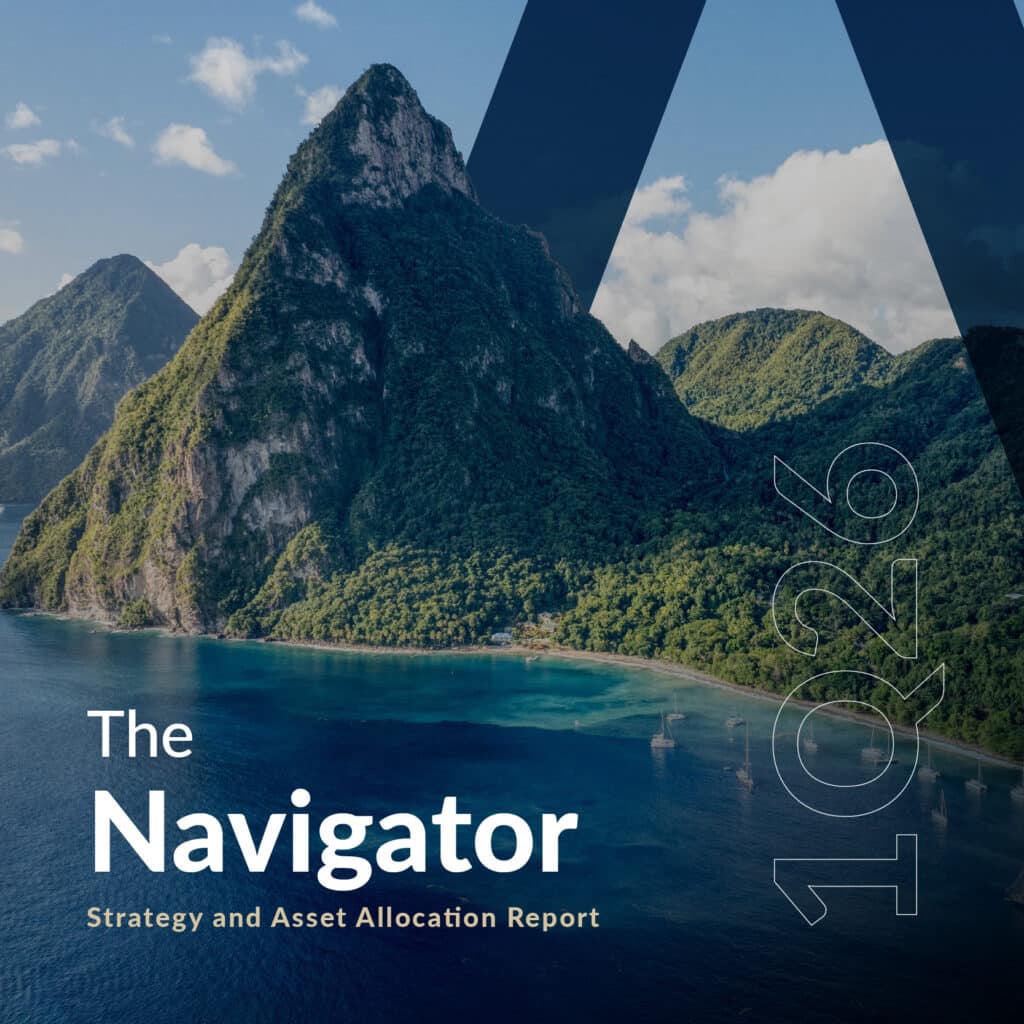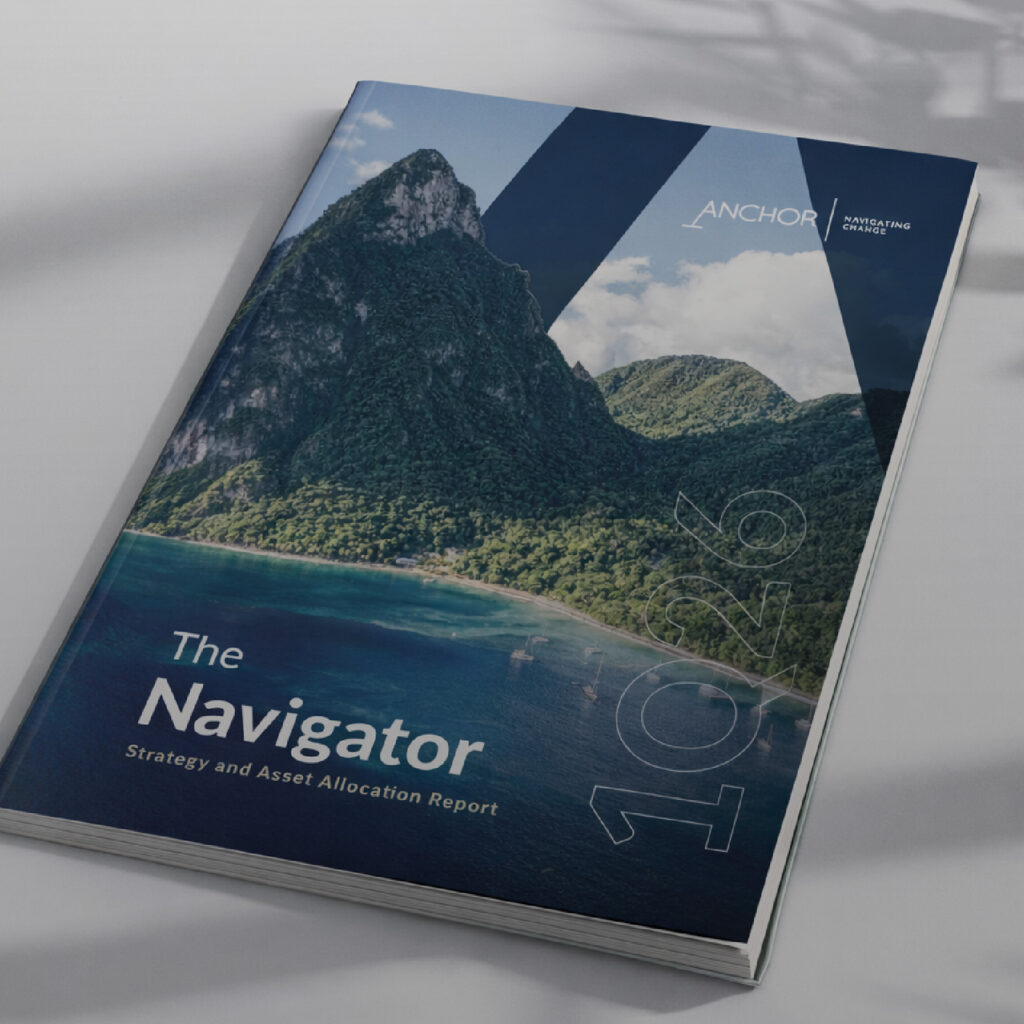South Africa (SA) went into lockdown in March, attempting to get ahead of the spread of COVID-19 and bringing large parts of an already vulnerable economy to a complete standstill. This coincided with one of the worst periods of risk aversion for global markets as investors indiscriminately dumped risk assets. SA experienced its biggest monthly sale of bonds by foreigners ($3.4bn). SA 10-year government bond yields briefly reached 12.5%, the highest level since 2002, before recovering slightly to end the month 2% higher at 11%. Foreigners also sold $1bn of local equities, making it 21 months of net foreign outflows over the past two years. The FTSE/JSE All Share Index fell 12% in March, completing its second-worst quarter ever – down 22.1%, marginally ahead of 3Q98 (-22.6%), although when measured in US dollar terms it was comfortably the worst quarter (-38%), according to data going back 25 years.
There were few places to hide on the local bourse, the exceptions being some of the companies with foreign earnings flattered by the currency weakness, including British American Tobacco (+0.6% MoM), Naspers (+11.5% MoM) and Prosus (+17.2% MoM). Those least affected by the lockdown, including food retailers and pharmacies, were also among the best performers. At the opposite end of the spectrum was Sasol, down another 87% for the month as it struggles to stay solvent with a leveraged balance sheet and a plunging oil price. Property stocks, particularly those with large retail exposure, continued to be heavily out of favour with the local property index losing half its value in 1Q20.
The relentless foreign selling saw the rand reaching new record lows against the US dollar, comfortably breaching the previous low (R16.87/$1) experienced in January 2016, the month after Finance Minister Nhlanhla Nene was fired. The rand/US dollar exchange rate briefly breached R18/$1 before ending the month at R17.83/$1 (down 12% MoM and by 22% YTD). Into month-end, Moody’s added salt to the wound, stripping SA of its last investment-grade credit rating and making it ineligible for the World Government Bond Index (WGBI) thus denying it the investment associated with that benchmark. However, a temporary reprieve from FTSE Russell sees SA’s WGBI exit delayed until the end of April. Ironically, SA has seen net foreign inflows into the bond market since the downgrade. The SA Reserve Bank (SARB) cut rates by 1% in March, the largest cut since 2009 when current finance minister, Tito Mboweni, was at the helm of the SARB. The SA government has limited ability to provide the quantum of fiscal stimulus other G20 nations have applied to soften the economic blow, though it appears that the private sector will do its best to assist government.




